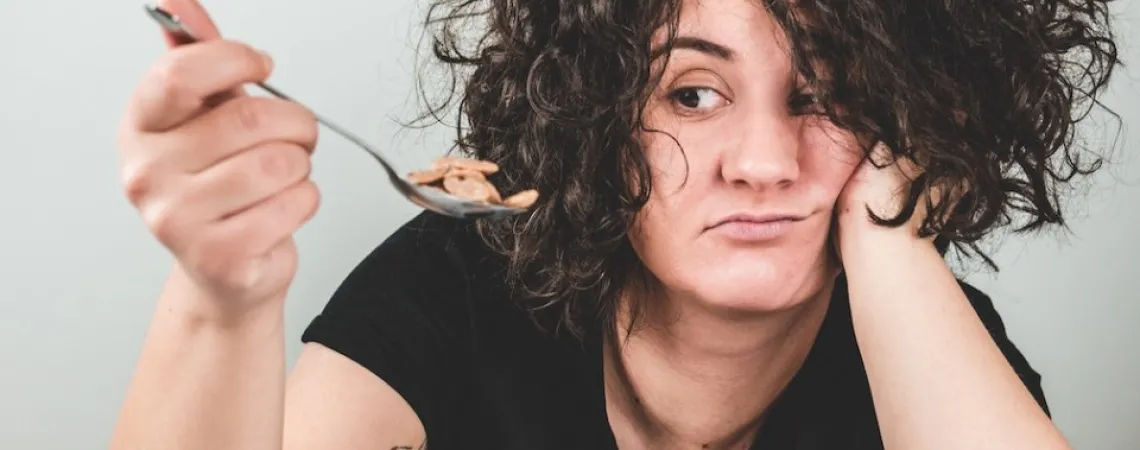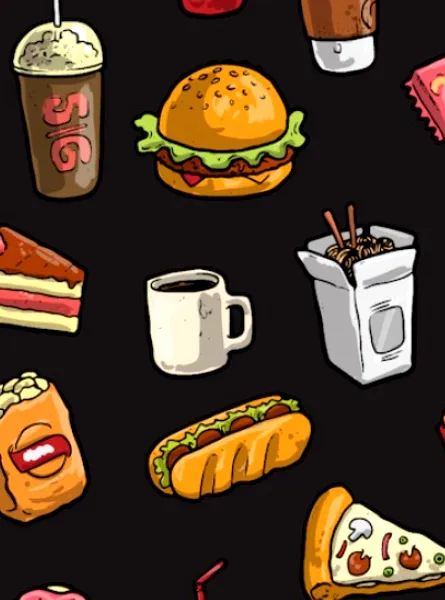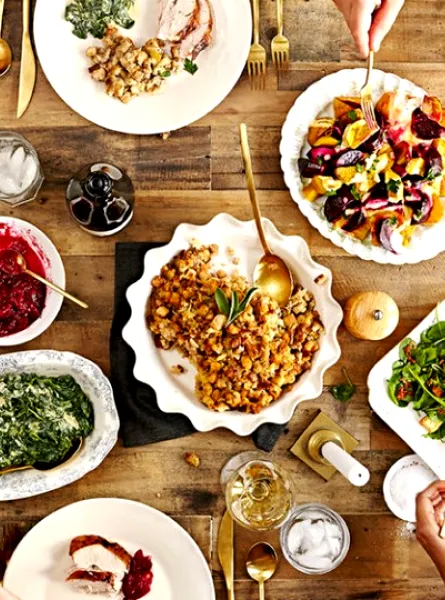
The quarantine and social distancing period bring their lots of food challenges. Food can therefore become a solution to manage emotions. ‘’Eating your emotions’’ is a behavior associated with what we call an ‘’emotional eater’’. During confinement and high stress situations like the COVID-19 pandemic, the emotional eater can also fear gaining weight, because they tend to seek refuge in food and don’t trust themselves to have access to food at all times.
This article gives an overview of the portrait of the emotional eater and provides solution paths to distance themselves from this behaviour in order to avoid their pernicious impacts.
You are probably an emotional eater if you eat for the following reasons :
1. Because You’re Stressed
Not knowing what will happen next and worrying about the health of our loved ones, to name only a few, are issues that can generate a lot of anxiety. Eating attenuates anxiety momentarily by creating a soothing feeling and can allow temporary avoidance of the invasive feeling of stress. Also, eating can give the illusion of having higher energy to execute and an anxiety-inducing task like writing an important essay.
2. To Reward Yourself
Do you tend to allow yourself a certain beloved food or drink to feel better? To eat after completing an important task? Are you one of those people who drink a glass of wine after a long day at work? If so, you probably are an emotional eater. It’s important to note that the notion of reward in diet is often associated with restriction towards certain specific foods.
3. To Fight Solitude
The emotional eater also has a tendency to seek refuge in food when they feel lonely. The association between eating ice cream and going through a breakup is a classic example. During this social distancing period, it is more likely to feel lonely. Food then becomes a way to fill a void when loneliness or grief occurs.
4. Because You’re Bored
Time seems to run slower at home and the rhythm of life is suddenly monotonous? The result : you open the fridge and the pantry, despite your lack of conviction. Here, eating food allows you to kill time instead of responding to an actual hunger signal.
In short, all opportunities are good to eat!
It is possible that all spectrums of emotions lead to the consumption of food. The common thread of the reasons listed above : the foods consumed are generally comforting, thus dense in calories, fat, sugar and salt.
Distancing From the Emotional Eater
How to break this habit? The first step consists of acknowledging this behavior without judging yourself. Eating your emotions is an adaptive behavior that allows you to protect yourself against emotions that are more difficult to deal with. Indeed, food provides a soothing sensation, therefore attenuating the discomfort associated with certain emotions. However, this comfort is ephemeral and isn’t effective in the medium and long term.
A personalized follow-up with a dietitian nutritionist will allow you to understand the reasons why you seek comfort in food and how to end this properly. For durable and healthy strategies to better cope with emotions and understand their link with eating, dietitians and psychologists are there to help you!
Still not sure if you’re an emotional eater? Take the quiz!





